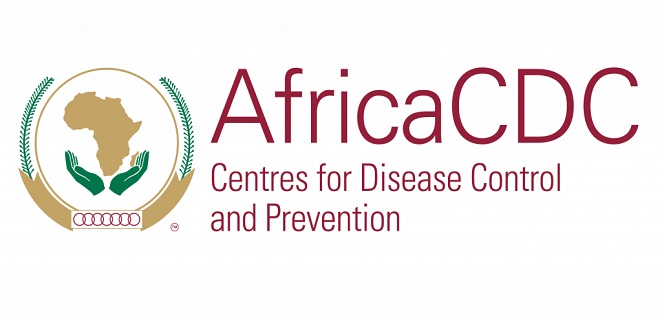MUTASA district in Manicaland province in Zimbabwe, is facing a measles outbreak, amidst indications that more than 100 cases and 20 deaths have already been recorded since the outbreak was first reported last month, The HealthTimes can reveal.
By Michael Gwarisa
The Measles Outbreak in Mutasa comes hot on the heels of a warning by the World Health Organisation (WHO) and the United Nations Children’s Fund (UNICEF) of a brewing perfect storm of conditions for measles outbreaks affecting children.
In an interview, Ministry of Health and Child Care (MoHCC) Permanent Secretary, Dr Jasper Chimedza confirmed the outbreak and said the infections were was still confined to Mutasa Disrtcit.
A total 137 cases have and 20 deaths have so far been reported since 10 April, 2022 when the outbreak was detected in Mutasa District in Manicaland Province,” said Dr Chimedza .
Investigations conducted by this publication however indicate that majority of the cases were emanating from children of members of Apostolic sects and religions where vaccination is not permitted. Commenting on whether or not the outbreak was linked to apostolic sects, Dr Chimedza said majority of the cases being recorded were among the unvaccinated.
“It has come to our attention that all or majority of those affected were not vaccinated against measles for whatever reason including religious beliefs.
“We are working with affected communities as we do the Measles vaccination to avert the loss of life. The Measles outbreak is confined to Mutasa District only. No other province or district has reported any case.”
Meanwhile, Dr Chimedza said all provinces and districts were currently on high alert for Measles.
“The Ministry of Health and Child Care (MoHCC) is mounting a nationwide campaign to increase vaccination coverage to avoid the spread of the measles outbreak. We are encouraging people to bring their children for vaccination at the nearest health facilities. Our teams will be traveling to hard to reach areas and offer measles vaccination for free.”
According to the World Health Organisation, almost 17 338 measles cases were reported worldwide in January and February 2022, compared to 9665 during the first two months of 2021. As measles is very contagious, cases tend to show up quickly when vaccination levels decline.
Measles is caused by a single-stranded, enveloped RNA virus with 1 serotype. It is classified as a member of the genus Morbillivirus in the Paramyxoviridae family. Humans are the only natural hosts of measles virus. Children younger than 5 years of age and adults older than 20 years of age are more likely to suffer from complications. Common complications are ear infections and diarrhea. Serious complications include pneumonia and encephalitis.
Apart from its direct effect on the body, which can be lethal, the measles virus also weakens the immune system and makes a child more vulnerable to other infectious diseases like pneumonia and diarrhoea, including for months after the measles infection itself among those who survive. Most cases occur in settings that have faced social and economic hardships due to COVID-19, conflict or other crises, and have chronically weak health system infrastructure and insecurity.
“Measles is more than a dangerous and potentially deadly disease. It is also an early indication that there are gaps in our global immunization coverage, gaps vulnerable children cannot afford,” said Catherine Russell, UNICEF Executive Director. “It is encouraging that people in many communities are beginning to feel protected enough from COVID-19 to return to more social activities. But doing so in places where children are not receiving routine vaccination creates the perfect storm for the spread of a disease like measles.”




